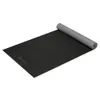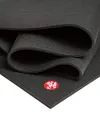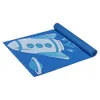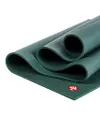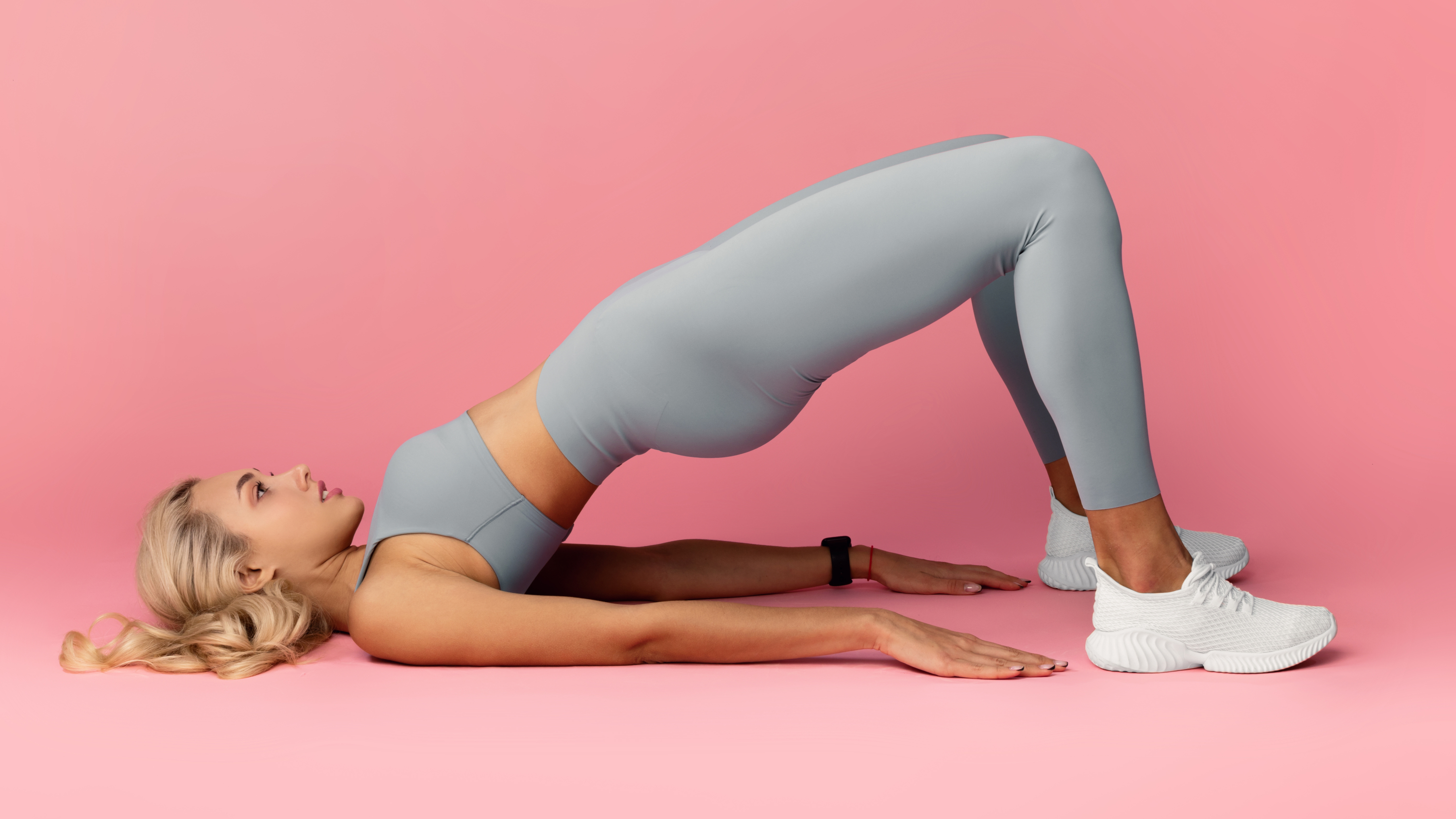
There’s nothing fun about sciatica, or any lower back pain for that matter, so if you’re looking for some of the accessible exercises for sciatica to release tension and relieve nasty symptoms, I highly recommend this one move.
It’s called prone glute activation. And the best part? You can do it lying down, watching the television, or even on a work call (maybe turn your camera off first). You just need to grab one of the best yoga mats and watch my quick and easy follow-along demonstration below.
Weak or underactive glutes, also known as “lazy glutes,” are common amongst quad-dominant exercisers and can increase the chances of picking up an injury. This is why activation exercises are useful for a warm-up or mobility routine and could help reduce lower back pain and symptoms of sciatica while you're at it.
What is sciatica?
The sciatic nerve starts in the lower back and runs down the glutes and through both legs. Pain can be anything from mild to intense and feels like numbness, tingling, aching, or pinching around the lower back, bum, hips, or legs.
While we typically look to rest and recover when experiencing pain or injury, doctors and physiotherapists often advise gentle movement and a series of regularly performed exercises for sciatica, rather than prolonged sitting or a sedentary lifestyle.
As we know, lack of movement can cause muscles to tighten and become weak from inactivity. Many professionals say doing nothing could make symptoms worse, and according to a study published in the journal Frontiers in Public Health, sedentary lifestyles can cause back pain and tight hip flexors over time.
First and foremost, I strongly recommend speaking with a medical professional before attempting any exercise or home treatments, and if you’re ever unsure about a move or experience more pain performing it, stop immediately and seek professional guidance.
Sign up to get the BEST of Tom's Guide direct to your inbox.
Get instant access to breaking news, the hottest reviews, great deals and helpful tips.
How to perform prone glute activations
Glute activation does what it says on the tin — it fires up your gluteal muscles, which technically count as core muscles. Your glutes help stabilize and move your hips, support proper posture and drive functional movement; strong glutes also help protect the lower back and allow you to walk, run, squat and lift weights.
You could perform this exercise standing or kneeling, but I love using the prone position because it prevents any other muscle groups from taking over the exercise.
- Lay on your stomach with a neutral spine and relax into your mat with your legs extended
- Lightly engage your core, then gently lift one leg into the air, hovering it above the mat
- With control, begin lifting and lowering the leg in a pulsing motion without touching the ground
- Squeeze your glute each time you lift the leg, keeping the toes pointed down and the foot flexed or pointing the toes to make the exercise slightly easier
- Switch sides.
To make the exercise more challenging, try lifting both legs together performing the glute squeezes without allowing your legs to drop to the floor.
Latent glutes could force the hamstrings or spinal erectors to take over during your workouts, which may cause pain or increase the likelihood of injury down the line. It’s a case of use it or lose it, so you’ll need to perform glute activation regularly, especially before workouts, to properly switch them on.
Glute squeezes help prep the muscles for heavier weights sessions, so adding hip extension exercises and a range of the best glute exercises into your routine should help them fire up. Your glutes also respond well to high reps, so try performing this exercise for 3-5 sets of 15-20 reps, or several minutes per leg.
More from Tom's Guide
- Sciatica? These are the exercises to avoid, says an expert
- I’m a personal trainer — this one-minute lower body stretch builds flexibility and improves sciatica
- Back pain? Try this 7-move yoga for sciatica routine instead of weights

Sam Hopes is a level 3 qualified trainer, level 2 reiki practitioner and senior fitness writer at Tom's Guide. She is also currently undertaking her Yoga For Athletes training course. Sam has written for various fitness brands and websites over the years and has experience across brands at Future such as Live Science, Fit&Well, Coach, and T3.
Having worked with fitness studios like F45 and Virgin Active, Sam now primarily teaches outdoor bootcamps, bodyweight, calisthenics and kettlebells. She also coaches mobility and stretching-focused classes several times a week and believes that true strength comes from a holistic approach to training your body.
Sam has completed two mixed doubles Hyrox competitions in London and the Netherlands and finished her first doubles attempt in 1:11.
